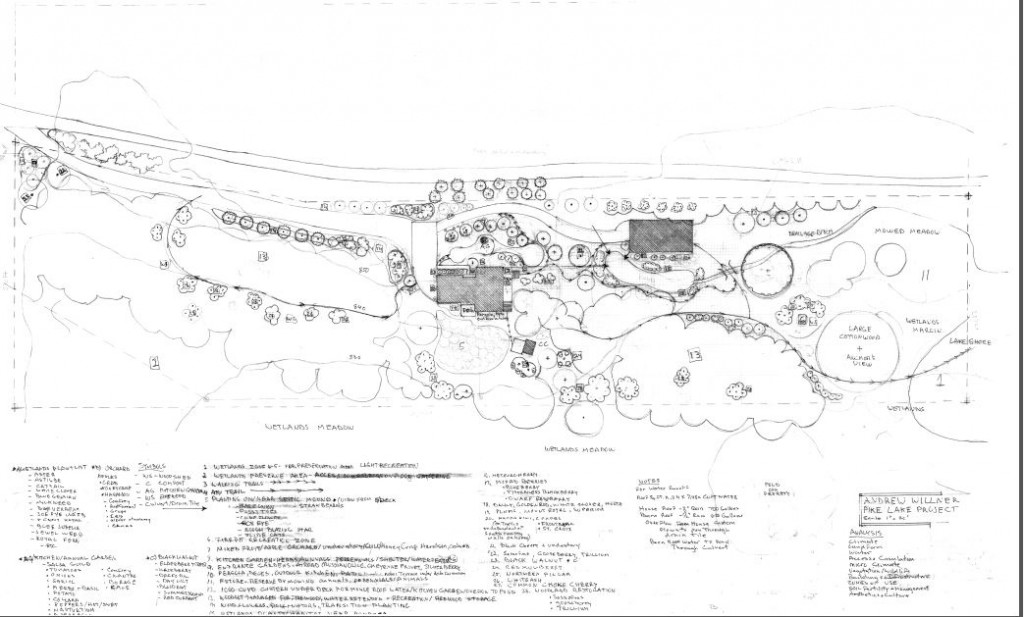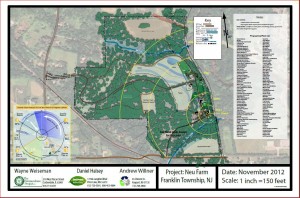Wellbeing Farm , A Pragmatic Approach to Transition and Permaculture Education
A Proposal for a Center for Permaculture, the Crafts of Transition, and Re-skilling for a Post Carbon Future
“Every community in the United States will have engaged its collective creativity to unleash an extraordinary and historic transition to a future beyond fossil fuels; a future that is more vibrant, abundant and resilient; one that is ultimately preferable to the present”
The work of CityFood’s Wellbeing* Farm is to give a physical presence to moving beyond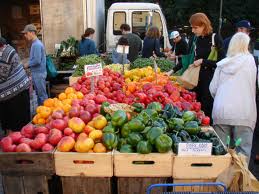 ‘environmental’, ’sustainable’, ‘eco’ this or that. This is about transition to where we want to get to, how do we do it and what might it look like when we get there – and giving people the tools to create more sustainable ways of living in their own homes and communities. It is also about how to design this transition in such a way that people will embrace it as a collective adventure, as a common journey, and as something positive. How can we design fossil fuel descent pathways which make people feel alive, positive and included in this process of societal transformation?
‘environmental’, ’sustainable’, ‘eco’ this or that. This is about transition to where we want to get to, how do we do it and what might it look like when we get there – and giving people the tools to create more sustainable ways of living in their own homes and communities. It is also about how to design this transition in such a way that people will embrace it as a collective adventure, as a common journey, and as something positive. How can we design fossil fuel descent pathways which make people feel alive, positive and included in this process of societal transformation?
A project of CityFood, Wellbeing Farm will provide complementary localized educational opportunities and creative, implementable, real world solutions to the environmental, economic, and social crises we are likely to face in the near and mid-term future. It will also implement one our most important goals of fostering farm and urban relationships, and infrastructure and logistics for local food.
Advanced Permaculture and Project Management Certification Project
The work on this project, located in Central New Jersey, came on the heels of Hurricane Sandy. The need for growing our own food and medicines, and creating sanctuary for humans and animals, was most glaring based on the intensity of the storm. Along with developing the site for these things we were also called upon to retrofit the stream that overflows its banks quite frequently at the entrance to the property. What we discovered is that this is a natural flood plain and it needs to become what is natural to it. With minor changes it could be this once again.This Project was carried out under the tutelage of Wayne Weiseman, and Dan Halsey .
Flagships for the Future
Click here to see a PDF Hope and Alert for HARVEST of the Flagships of the Future presentation. Andrew Willner was a panelist at the Working Waterfront Conference. His topic was Flagships for the Future, Saling Cargo vessels with biofuel auxiliary engines for an East Coast US, Canada, and the Caribbean Short Sea Shipping venture.
To see the cover and a few pages of the book click here: fishandships short version
New York Harbor is one of the most studied and well documented Estuaries in the World but few know it well. I have had the honor and privilege of serving as the Baykeeper for the Bays and tributaries to the Hudson-Raritan (NY/NJ Harbor) Estuary from 1989 to 2008. Part of my job was to document what I saw as I patrolled the bays and rivers of the Harbor. My other job was to tell the story of the Harbor as an ecological system, to record insults to it, and to develop strategies for its restoration. I hope that this collection of narratives and photographs will begin to tell that story of a working waterfront, the wetlands, waterways, and the people who work on and live nearby that collectively are the threads of the tapestry that is the Harbor and the urban coast.
Vieques Sustainable Farming
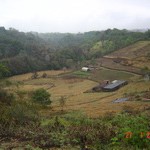 Summit sponsored by the USEPA in Vieques PR. Other presenters included USEPA, USDA, Virgin Island Sustainable Farming Institute, Vieques Aquaponics, and Puerto Rico Solid Waste Authority. Click here to see a PDF of the presentation. Sustainable Farming in Vieques
Summit sponsored by the USEPA in Vieques PR. Other presenters included USEPA, USDA, Virgin Island Sustainable Farming Institute, Vieques Aquaponics, and Puerto Rico Solid Waste Authority. Click here to see a PDF of the presentation. Sustainable Farming in Vieques
The Bayshore, an Environmental Mystery:
This link, Captain Bill takes you to a chapter of a novel in progress about the murder of a Bayman and his friend an “eco-cop” who decides to investigate the case when everyone else thinks it is an accident.
CityFood Resources
CityFood™ is a “triple bottom line” vertically integrated sustainable green business consulting firm and incubator focused on developing urban agricultural facilities, fostering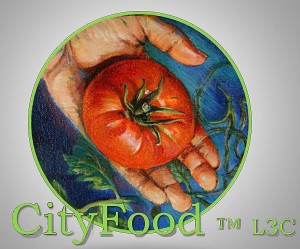 farm and urban relationships and infrastructure and logistics for local food.
farm and urban relationships and infrastructure and logistics for local food.
CityFood identifies and rehabilitates industrial real estate, designs and develops aquaponics and hydroponics facilities that will provides living wage jobs .
The organically grown aquaponic vegetables and fish will be sold on site or through a farmers markets and Community Supported Agriculture).
CityFood will redevelop space for start-up and small local food processing, alternative energy demonstration projects for solar, wind and geothermal businesses while powering/heating/and lighting the facilities.
HARVEST
HARVEST The Harbor and River Vessel Transport Company , will be a short sea shipping business delivering local produce and seafood throughout the New York/New Jersey Harbor. HARVEST will be a “for benefit” company based on the Farm Boat concept in Seattle and the Island Market Boat in Maine. 
Historically, thousands of vessels plied the waters to and from cities on the Harbor and the farming areas of New Jersey and the Hudson Valley delivering fresh local farm produce, fish, shellfish, and passengers to ports along the way. The Hudson River and the Harbor was once a bustling highway linking even the smallest communities into a web of regularly scheduled routes. Farmers, dairymen, and oystermen relied on this vibrant and diverse fleet of vessels to bring their goods to market and to receive supplies. The schooners, sloops, and steam boats provided a unique way of life for early inhabitants. For those who worked the inland waters of the Northeast, the romance of the sea was a common element in their lives.
Today, the water highways still exist and need to be reinvigorated. Maintaining maritime trade routes is more than just a celebration of tradition. In a carbon constrained future sustainable water transport will be necessary and in the event of a regional disaster water-based community links can serve as vital infrastructure to the NY/NJ Harbor region.

